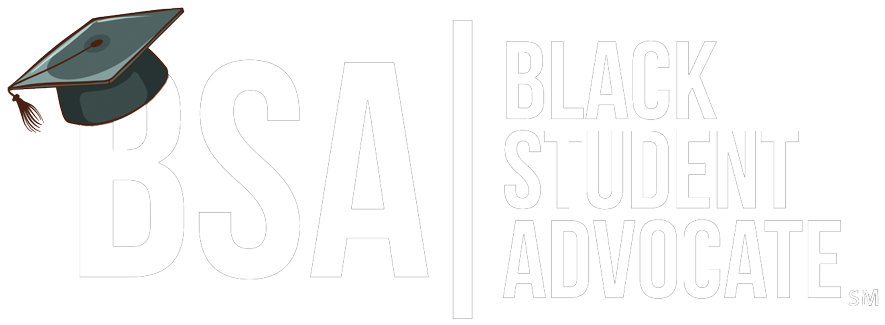In today’s increasingly diverse society, it is crucial to address and overcome racism in education to ensure equal access to quality education for all students. Racism in education not only impedes the academic progress of marginalized students but also reinforces harmful stereotypes and prejudices that can have lasting impacts on individuals and communities.
The Black Student Advocate Network recognizes the importance of creating classrooms of change where racial biases and inequalities are acknowledged and actively confronted. This network aims to empower individuals to challenge discriminatory practices and promote equity within educational institutions by fostering a supportive community of black student advocates. In this blog, we will delve into the significance of The Black Student Advocate Network and explore strategies for dismantling systemic racism in education. Join us as we work towards creating inclusive and equitable learning environments for all students.
The Significance of The Black Student Advocate Network
The Black Student Advocate Network is a community of black student advocates who seek to challenge and transform the racist practices and policies that have contributed to the marginalization of black students in educational institutions. The network is committed to promoting equity and inclusion in education by providing support, resources, and mentorship to black student advocates and creating advocacy and activism opportunities.
One of the key objectives of The Black Student Advocate Network is to promote critical consciousness among black students and their allies. Critical consciousness refers to understanding social, economic, and political forces that shape our lives and the ability to take action to bring about social change. By promoting critical consciousness, the network empowers black students to challenge the systemic racism they encounter in educational institutions and advocate for policies and practices that promote equity and inclusion.
Another important objective of The Black Student Advocate Network is to create a supportive community of black student advocates. This community provides a safe space for black students to share their experiences and support one another. Through mentorship and peer support, black student advocates can build the skills and confidence needed to challenge racism in education and to create change in their schools and communities.
Strategies for Dismantling Systemic Racism in Education
Dismantling systemic racism in education requires a multifaceted approach that addresses the root causes of racism and promotes equity and inclusion in all aspects of educational institutions. The following strategies can help to create classrooms of change where racism is actively confronted and overcome:
1. Acknowledge and Confront Bias: The first step in overcoming racism in education is acknowledging and confronting bias. This requires an honest assessment of the policies, practices, and attitudes contributing to racial inequality in educational institutions. Teachers and administrators must be willing to examine their own biases and engage in honest conversations about the impact of racism on students and communities.
2. Empower Students: Empowering students to challenge racism in education is a critical step in creating classrooms of change. This can be accomplished by providing students with opportunities to learn about critical race theory, social justice, and activism. Students can also be encouraged to participate in student-led organizations that promote equity and inclusion in educational institutions.
3. Foster Inclusive Learning Environments: Creating inclusive learning environments that celebrate diversity and promote equity is crucial for overcoming racism in education. This requires a commitment to inclusive curriculum development, culturally responsive teaching practices, and an understanding of marginalized students’ unique needs and experiences.
4. Develop Policies and Practices that Promote Equity: Developing policies and practices that promote equity in educational institutions is essential for overcoming racism in education. This includes policies that address disparities in student outcomes, funding, and access to resources. It also requires a commitment to hiring and retaining a diverse workforce and providing ongoing professional development that promotes equity and inclusion.
5. Engage in Community Outreach and Partnerships: Engaging in community outreach and partnerships is an important strategy for overcoming racism in education. This includes working with community organizations to promote educational equity, partnering with families and caregivers to support student success, and engaging in advocacy efforts that promote social justice and equity.
Conclusion
Creating classrooms of change requires confronting and overcoming racism in education. The Black Student Advocate Network is an organization that promotes equity and inclusion in educational institutions by empowering black student advocates and creating a supportive community of activists. By acknowledging and confronting bias, empowering students, fostering inclusive learning environments, developing policies and practices that promote equity, and engaging in community outreach and partnerships, we can work towards creating classrooms of change that promote equity and inclusion for all students. Let us all pledge to work towards creating a better tomorrow together.







Share This Page